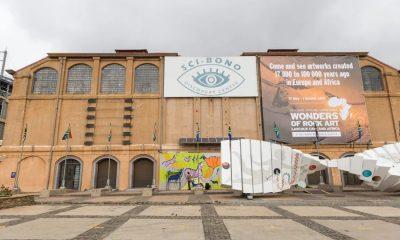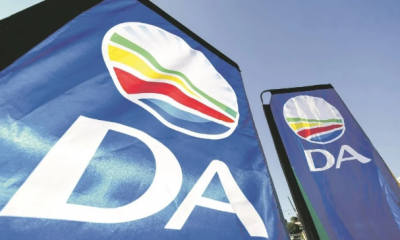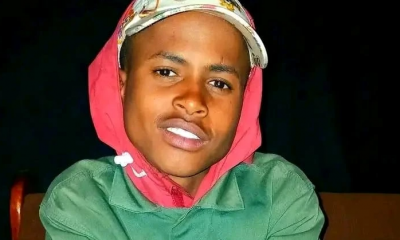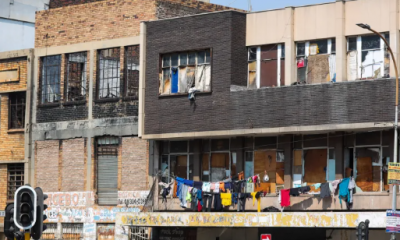News
Johannesburg Requires R154 Billion to Tackle Road Infrastructure Backlog
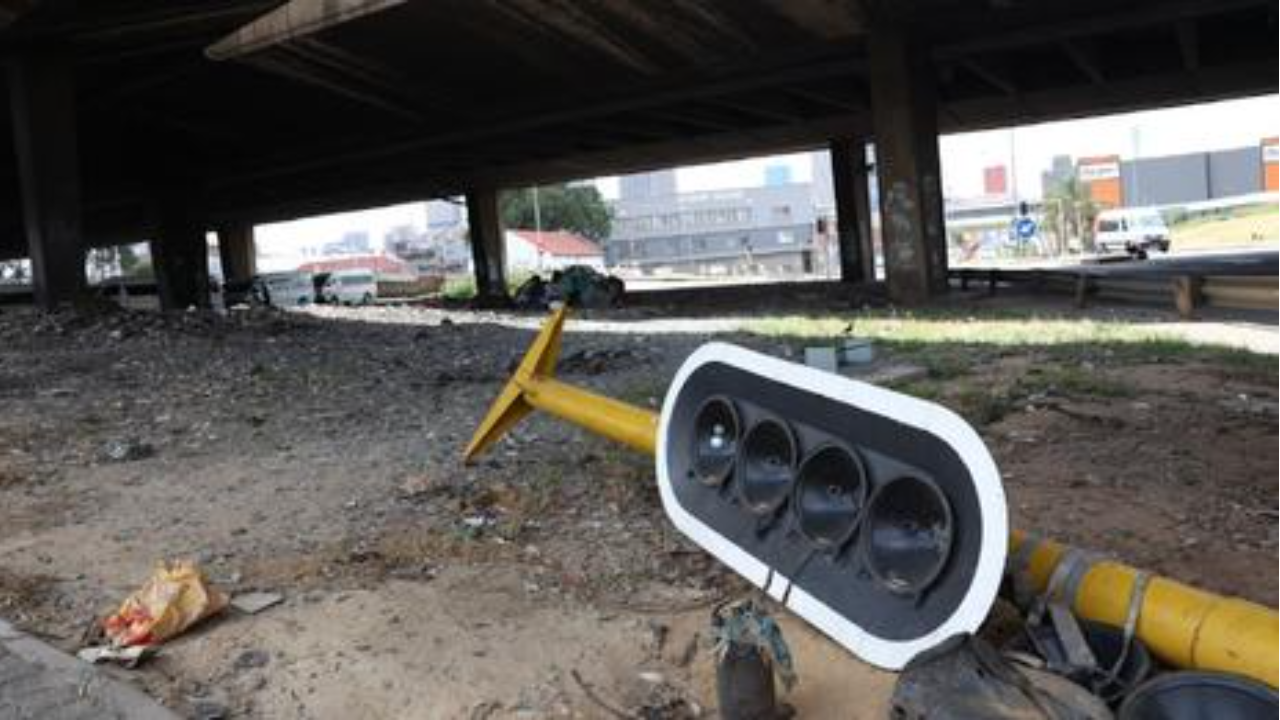
The City of Johannesburg is grappling with a substantial road infrastructure backlog, necessitating an estimated R154 billion to rectify. This extensive backlog also encompasses the City’s traffic lights, for which an allocation of nearly R37 million is required.
Nthatisi Modingoane, the City’s spokesperson, attributed this backlog to the democratic transitional changes that occurred in 1994 as reported by the Sowetan Live. The amalgamation of seven former apartheid-era municipalities into the City of Johannesburg Metropolitan Municipality (CoJMM) was intended to utilise municipal charges to finance infrastructure improvements. However, the pressing demands for socioeconomic development, healthcare, and housing outstripped the available revenue, leading to insufficient investment in maintaining and managing critical infrastructure.
Also Read: AfriForum Concerned About Coal Mining Study Near Rietvlei Reserve
The R154 billion required is earmarked for various aspects of infrastructure, with Class 3-4 roads demanding R10.4 billion and Class 5-6 roads necessitating an estimated R27 billion. Bridges require an estimated R16 billion in funding, while sidewalk infrastructure calls for R2 billion. Catchments, dams, and stormwater infrastructure face a staggering backlog of R61.2 billion.
Modingoane clarified that the City’s capital budget for 2023/24, amounting to R7.6 billion, with a three-year capital allocation of R24.4 billion, accounts for these extensive backlogs. He emphasised that the budget is allocated based on the specific sector’s Integrated Development Plan (IDP) programs and related projects, considering whether an asset requires renewal, repair, or replacement. The City’s operations budget covers some infrastructure repair and maintenance costs.
The City’s capital budget is funded through various sources, including borrowings, grants, and internally generated funds. However, the City needs to improve, with the Municipal Finance Management Act (MFMA) Circular 71 capping borrowing at 45% of revenue. Currently, the City utilises 33% of its revenue for borrowing, but it is exploring alternative funding mechanisms to address unfunded mandates.
Specific entities within the City compound the situation. City Power contends with a backlog of R33.5 billion, primarily relating to substations, while Joburg Water grapples with a total backlog of R24 billion. This includes a need for nearly R3 billion in water mains replacement and approximately R3.4 billion in sewer mains replacement.
The City is enhancing its long-term infrastructure planning and investment in response to these pressing challenges. This includes developing and institutionalising a 40-year Strategic Infrastructure Asset Management Plan (SIAMP) and a 10-year Capital Expenditure Framework (CEF) to address infrastructure backlogs systematically.
The deteriorating state of infrastructure directly impacts both businesses and residents, underscoring the urgency of addressing these critical deficiencies.
Also Read:
Follow us on Google News
Photo: Facebook / @Sowetan LIVE



